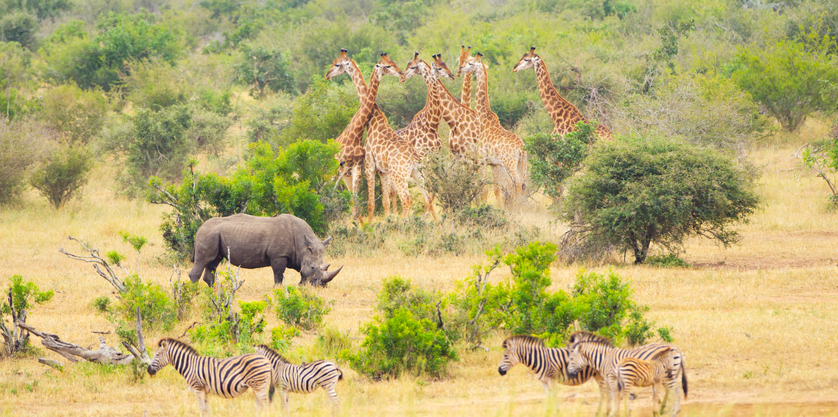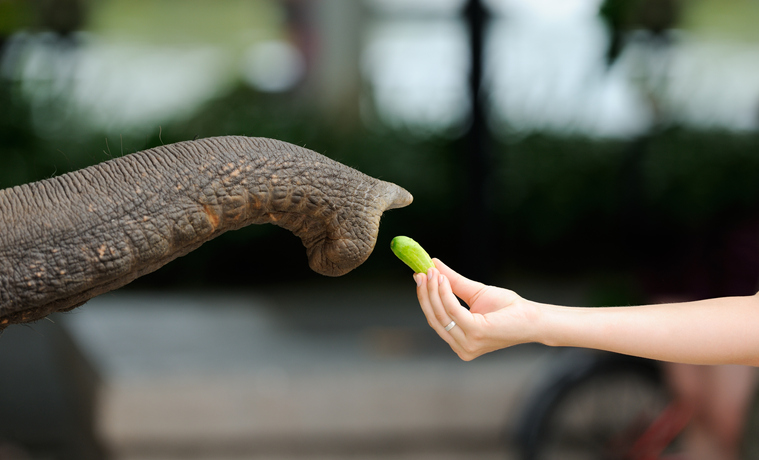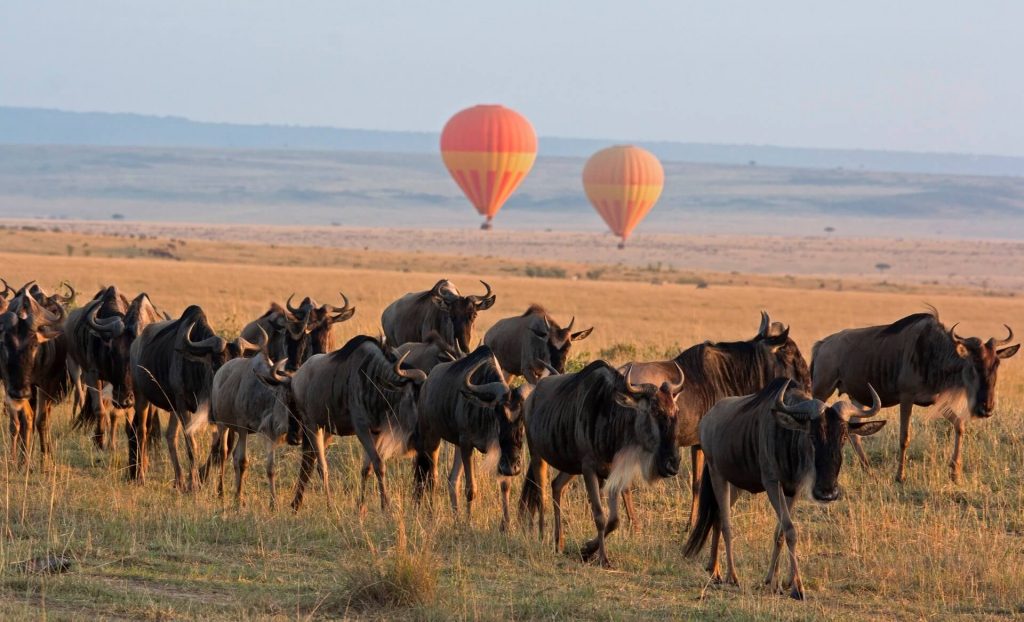Safaris are amazing experiences that allow you to get an up-close look at some of the most majestic animals in their natural surroundings. One of the most popular destinations to see animals are safaris in Africa. But, while tourism is a major part of the economy in Africa, it can often become exploitative, especially when it comes to the local wildlife.
While no one heads out on vacation with the intention of encouraging animal abuse – in fact, most people go on safaris because they love animals – these thrilling encounters sometimes come at a high cost. Because safaris and animal sightings boost tourism, some people resort to manipulating, hounding, or even drugging the animals to get more visitors.

Also Read: Here Are The Best Destinations For Animal Lovers
While some things may seem harmless or even like must-do activities, many activities may actually seriously upset the environment. From common mistakes to ethical pitfalls, here are some things to remember before travelling to Africa. So, if you’re planning to go on safaris in Africa, and want to do so responsibly and ethically, here are some tips:
Things to avoid on safaris:
Never get out of the vehicle
When observing the wildlife, remember that they’re just that – wild animals. Getting that perfect shot of a lion isn’t worth getting attacked. If you want to get an up-close look at the bush, do so on a guided walking safari with an experienced ranger; but just don’t get out of your cars in the wild.
Avoid going on elephant rides
While elephants are known to be quite gentle, their spines are not made to bear the weight of the chairs used for humans to ride them, nor for the weight of the people in them. They are also often “tamed” using brutal methods (as they are essentially wild animals). So, while you don’t need to avoid encounters with elephants, make sure they’re elephant-based activities like feeding or bathing and not human-y ones like elephant rides or circuses.

Don’t pet the cubs
Animal babies, especially lion cubs, are often part of petting experiences. However, no true sanctuary will allow visitors to actually interact with the animals. These cubs are usually taken from their mothers, and their interactions with humans often do more harm than good, affecting their ability to survive in the wild, meaning that they often spend the rest of their lives in captivity, or may even be used in canned hunts.
Avoid taking photos with sedated/chained animals
This one should seem like a no-brainer, as these animals often face abuse and are sedated and chained so that tourists can get pictures with them. Whether they’re tigers, elephants, dolphins, or monkeys, the animals are often starved or beaten so they learn to be submissive.

Never feed the animals
This may not seem as harmful as the other “don’ts” on this list, but feeding animals can lead to aggressive behaviour. Animals can become used to expecting food from visitors and may resort to aggressive behaviour when things don’t go their way.
Things to keep in mind:
Make sure to keep your vehicles on the road
It may be tempting to chase after the animals you see to get that perfect photo; but this often means going off-road, driving over plants, and trampling the habitat. It also forces the animals to adapt to the behaviour of tourists.

Check out special conservation centres
While many people visit sanctuaries to interact with the animals, why not check out conservation centres? These places foster rescued animals, and though you can’t touch them or get too close, you can be sure that the animals are monitored and protected.
Try river safaris
River safaris are the perfect way to watch the wildlife, as it creates a natural distance between you and the animals. It also gives you a better chance of seeing them, as many animals converge around rivers to drink and bathe. You can also catch many creatures you wouldn’t otherwise see, such as crocodiles and hippos.

See the wildlife with a bird’s eye view
If land and water safaris in Africa seem boring, why not check out the local wildlife from the air? Helicopter tours and hot air balloon safaris are incredibly popular, as is micro-lighting. They all provide an excellent opportunity to spot some exciting animals you may not get to see from the road without disturbing their habitat.
Research how the animals are treated in the park
There are many amazing organisations doing incredible work when it comes to animal conservation in Africa. However, there are also unfortunately many people who abuse them just for money. So check out how the park you’re visiting treats their animals before you visit.
So what tips do you have to go on ethical safaris in Africa? Be sure to share them all in the comments below.


